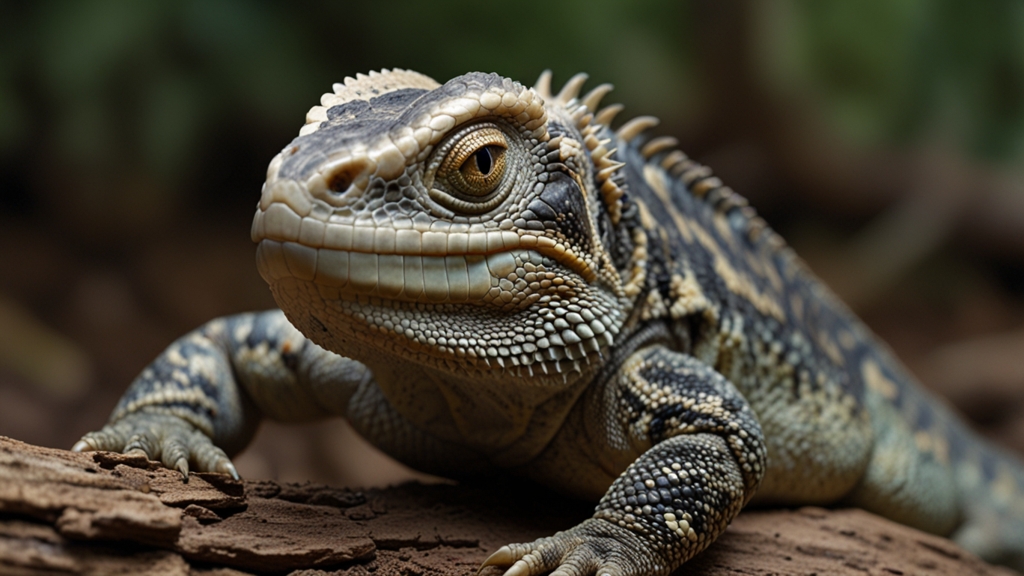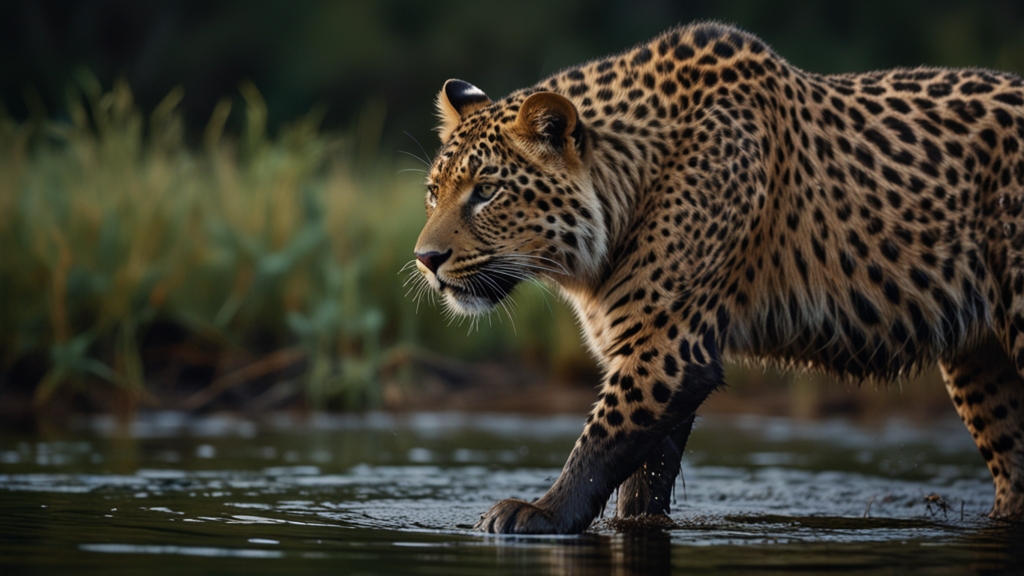Are Reptiles Intelligent? Exploring Their Cognitive Abilities
When one thinks of intelligence in the animal kingdom, species such as primates, dolphins, and certain birds typically come to mind. Reptiles, on the other hand, have long been perceived as primitive creatures operating largely on instinct. However, recent scientific studies are challenging these traditional views and suggesting that reptiles may possess a surprising level of cognitive ability.
Understanding Reptile Intelligence
Reptile intelligence can be a challenging concept to measure. Unlike mammals or birds, reptilian brains have evolved differently, lacking the neocortex, which is traditionally associated with higher cognitive functions. However, this does not mean reptiles are incapable of complex behaviors. Instead, their intelligence is expressed in ways that are uniquely adapted to their ecological and environmental needs.
Memory and Learning
Numerous studies over the past decade have demonstrated that reptiles can learn from their experiences and retain information over time. For example, the famously territorial Eastern Water Dragon has shown the ability to remember the locations of hidden prey, navigating through intricate environments to access their targets. Similarly, turtles have been observed using landmarks to orient themselves during their long migrations.
"It’s crucial to remember that intelligence manifests differently across species, often tied closely to the specific ecological niches they inhabit," says Dr. Sarah Griffin, a notable herpetologist. "While a crocodile’s problem-solving strategies may differ from those of a chimpanzee, it doesn’t necessarily indicate a lack of intelligence."
Problem-Solving and Tool Use
Problem-solving is another domain where reptiles have shown impressive abilities. In controlled experiments, monitor lizards have demonstrated the capacity to solve complex puzzles, sometimes outperforming mammals in similar tasks. These lizards can remember solutions over extended periods and even improve their techniques with practice.
Tool use, a behavior often heralded as a marker of advanced cognitive ability, has also been noted in reptiles. Although not as commonly observed as in birds or primates, there have been documented instances of crocodilians using sticks to lure birds during nesting season—a remarkable display of cunning and foresight.
"Seeing crocodiles use tools challenges our fundamental assumptions about the cognitive divide between mammals and reptiles," remarks Professor John Mahony, an expert in comparative cognition.
Social Complexity
While reptiles are generally considered solitary creatures, certain species exhibit social behaviors that suggest a level of cognitive complexity. For instance, alligators have been observed engaging in cooperative hunting strategies, coordinating attacks to herd fish into tight shoals. Additionally, some species display social hierarchies and demonstrate the ability to reconcile conflicts, facets of behavior indicative of sophisticated social cognition.
The Role of Environmental Enrichment
One of the most fascinating aspects of studying reptile cognition is observing how these animals respond to enriched environments. In captivity, reptiles exposed to diverse stimuli—such as novel objects, varied landscapes, and interaction with caregivers—often exhibit enhanced problem-solving abilities and increased exploratory behaviors. This suggests that, much like in other intelligent species, environmental factors play a significant role in the cognitive development of reptiles.
Conclusion
While reptiles may not exhibit intelligence in the same manner as mammals or birds, there is ample evidence suggesting that their cognitive abilities are both complex and impressive. From problem-solving and tool use to social interactions and memory, reptiles demonstrate a range of behaviors that challenge our understanding of animal intelligence. As research continues to uncover the depths of reptilian cognition, it becomes increasingly clear that intelligence in the animal kingdom is a multifaceted phenomenon, expressed uniquely across different species.
"The more we study reptiles, the more we realize that these creatures are far more intricate and intelligent than we've historically given them credit for," concludes Dr. Griffin.
In reassessing the cognitive abilities of reptiles, we gain a deeper appreciation for the diversity of life on Earth and the various forms intelligence can take.









